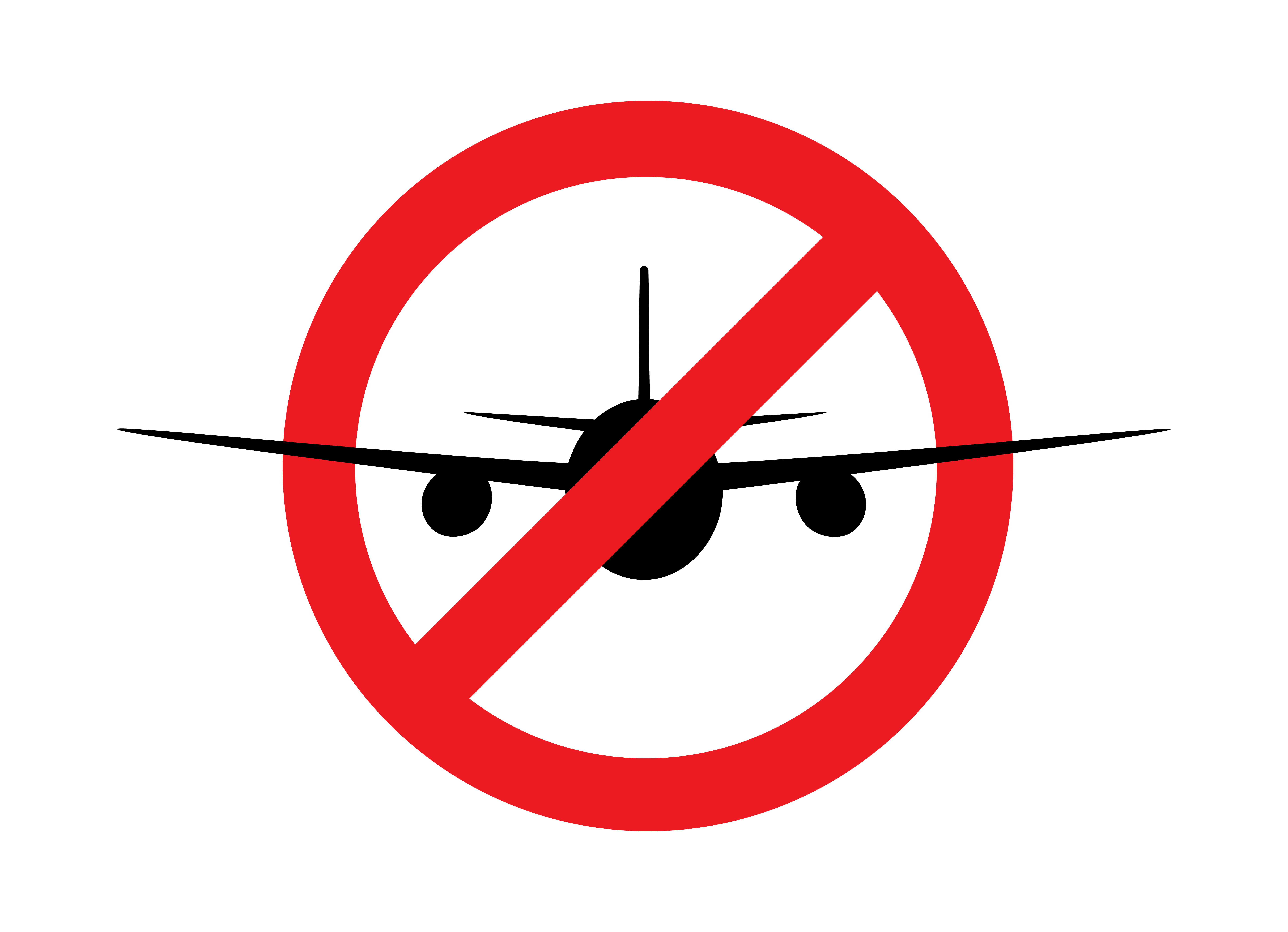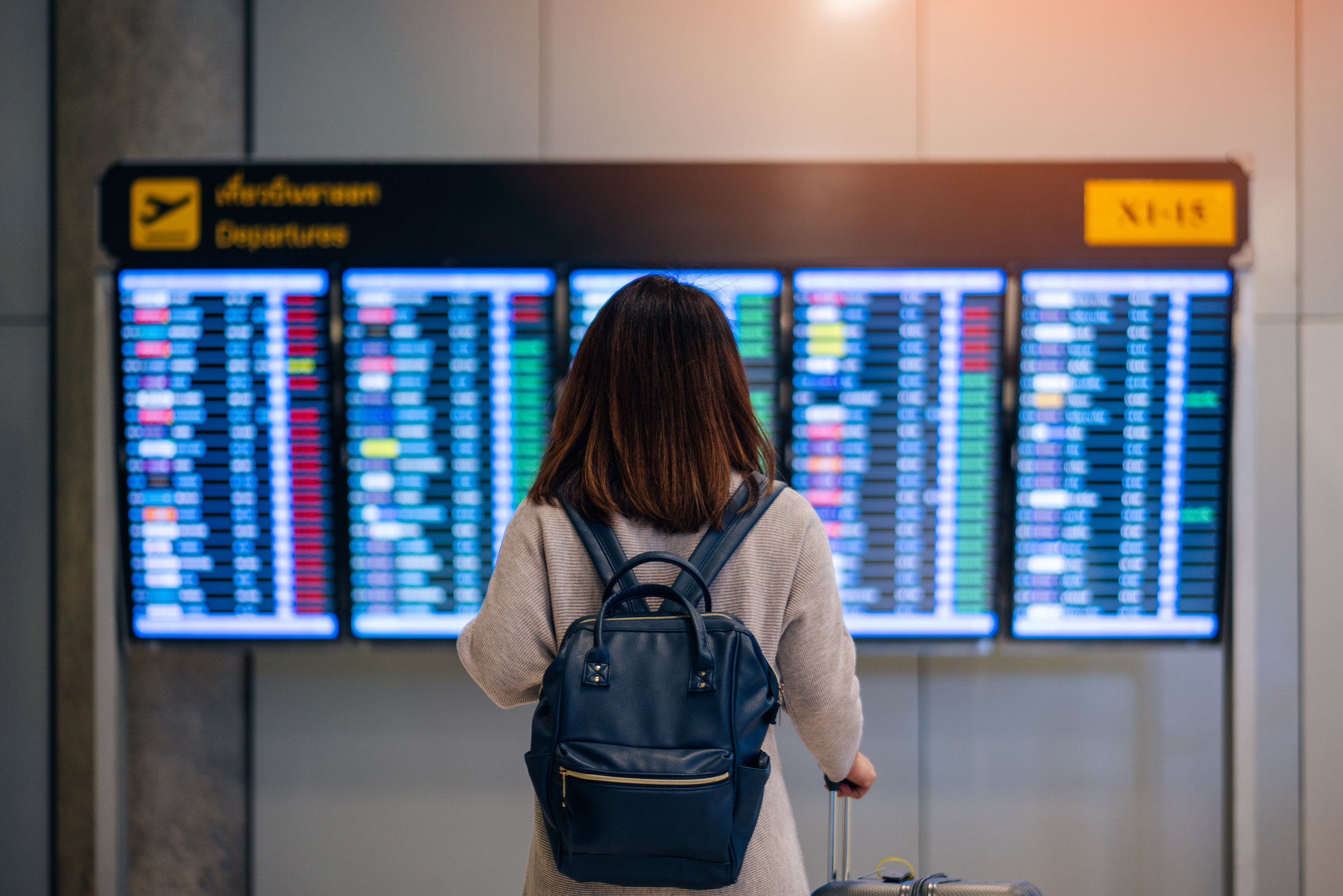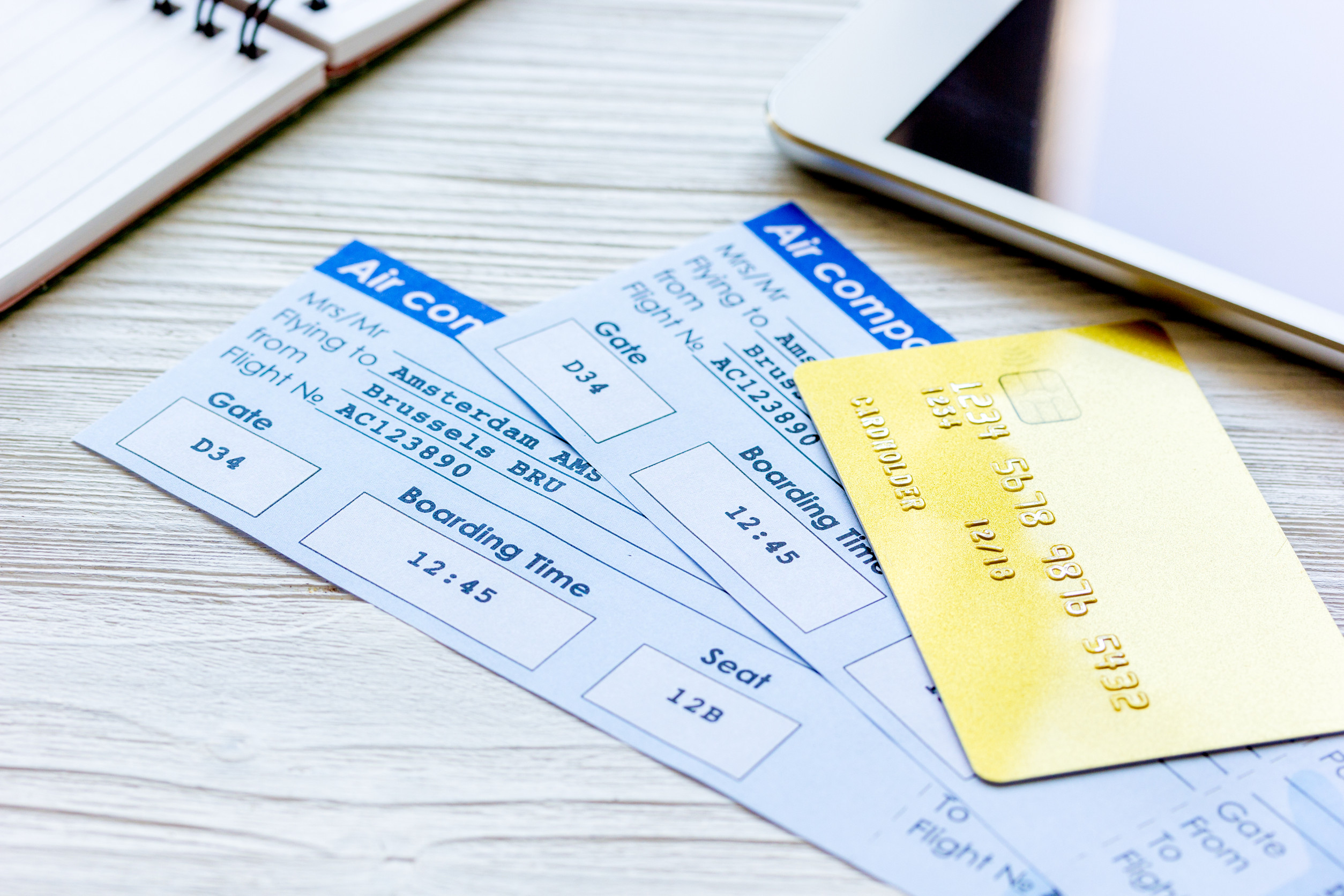
Traveling to Morocco with an eVisa offers convenience and ease for eligible travelers, but it also comes with specific restrictions and requirements. Understanding these limitations is crucial to ensuring a smooth and hassle-free journey. This comprehensive guide outlines the key travel restrictions associated with the Morocco eVisa and provides practical tips for compliance.
This Morocco electronic visa allows for a single entry only; it means one may only use it once to enter the country during its period of validity. Once leaving Morocco, re-entry cannot be made on the same visa, even before its expiration date or if you have not stayed the maximum days allowed in the visa. This is particularly important in the case of travel when visitors might have plans to visit countries next to Morocco. Attempting to re-enter Morocco without a new visa will result in being denied entry.
To avoid complications, plan your travel itinerary to maximize the value of your single entry. If you anticipate needing multiple entries, consider alternative visa options or schedule your trip so that all Moroccan destinations are covered before leaving the country.
The Morocco eVisa allows a continuous stay in the country for no more than 30 days per visit. An excess beyond this limit means the violation of immigration laws in Morocco, which may then have serious consequences. Overstays are closely monitored by the authorities, and even minor infractions are penalized.
Consequences of overstaying
Fines on overstaying may be imposed, detention, or even restrictions to obtain a Moroccan visa in the future. Sometimes, travelers are deported and banned from re-entry.
Important Note
Be sure to double-check the dates on your eVisa and your travel documents. Schedule your return or onward travel well in advance of the 30-day limit to account for unforeseen delays or emergencies.
The Morocco eVisa is issued to visitors traveling to Morocco for specific short-term purposes, primarily tourism and business. Any other activities beyond that are strictly not allowed, and if discovered, can result in penalties, denied entry, or deportation. For example, it is not within the terms of an eVisa to seek employment, study, or stay long-term. The Immigration authorities ensure that the observance of visa rules is upheld, and activities without proper authorization may lead to some form of legal consequence.
Activities that are not allowed:
Carrying out work in Morocco without a valid work permit and employment visa. Attending universities or other educational institutions to pursue long-term academic programs. Engaging in activities which do not justify the intention stated in the eVisa application.
For the travelers that want to visit Morocco for purposes involving employment, education, or an extended period of stay, it would be best to consult with the consulate or an embassy to apply for the appropriate visa type. This will ensure you comply with all regulations and avoid complications during your trip.

Individuals with an eVisa to enter Morocco must use entry points which support processing for an eVisa entry. While most significant airport, seaport, and land border crossings are configured to support eVisa entry, many smaller or less often entry points may not have the facility. Entry at an incorrect entry point may lead to refusal of entry. It will create inconvenience and result in delays.
Major Approved Entry Points Include:
Tip: Before booking your travel, confirm that your intended entry point is on the approved list for eVisa holders. If traveling overland or via smaller ports, check with Moroccan authorities or your airline to make sure your entry will be smooth.
Certain visitors need to show eligibility for the Morocco eVisa by holding a valid visa or residency from third countries. This includes countries like Schengen Area countries, Australia, Canada, Ireland, Japan, New Zealand, Norway, Switzerland, United Arab Emirates, United Kingdom, or the United States , which reflects Morocco's policy for additional security and eligibility criteria.
Validity Requirements:
This requirement ensures that applicants have ties to countries with robust immigration controls, providing added assurance to Moroccan authorities. Verify your eligibility status based on your current third-country visa or residency before initiating the application process. Failing to meet this condition may result in eVisa rejection.
The Moroccan eVisa is non-extendable and strictly valid for 30 days. On expiration of the said date, you will have to leave Morocco, as overstaying can lead to fines or other legal punishments and a no-entry recommendation in the country. If you want to extend your stay, you are expected to apply for another different visa category before the expiry of your eVisa.
Tip: For longer stays, it is advisable to apply for a tourist or residence visa through the Moroccan Consulate in your home country. This will help you stay within the law on immigration in Morocco and enjoy an extended stay without interruptions.

Travelers entering Morocco on an eVisa must present proof of a return or onward travel ticket. This requirement ensures compliance with the visa’s 30-day limit and reassures immigration authorities of your planned departure. Failure to provide this documentation may result in denied entry.
Tip: Always carry a printed copy of your confirmed flight ticket. Immigration officials may request to see this document upon arrival.
Although health insurance is not mandatory for eVisa holders, it is strongly recommended for a safe and stress-free trip. Coverage for medical emergencies, accidents, trip cancellations, or delays can save significant costs and provide peace of mind during your stay.
Select a travel insurance plan that includes comprehensive coverage for Morocco. Ensure that the plan aligns with your travel dates and covers emergency medical expenses, especially if you plan activities like hiking or desert tours.
Some things, such as guns, narcotics, counterfeit currency, and even specific items relating to the national or cultural heritage of a country and religious icons are closely scrutinized in respect of their importation. Conventional punishment is not excluded by criminal legislation as well. Be informed but avoid the suspicion of attempting to smuggle enormous amounts in cash or a rather expensive things into the country. Other items which defile its Moroccan culture and religion can similarly be denied entry. These are carefully adhered to in order to ensure that customs go smoothly.
Tip: Check the updated customs policies of Morocco before traveling. Declare any goods of concern and avoid carrying restricted items to prevent issues at the border.
Respect for the laws and cultural traditions of Morocco is vital for a smooth and enjoyable trip. The country has certain norms regarding public behavior, dress codes, and photography, especially in religious or sensitive areas. For example, the consumption of alcohol in public, except in authorized areas, is prohibited and may be penalized. Travelers should also be aware of the display of affection in public, as this may offend local sensibilities. Awareness and respect for local rules foster positive interactions and help travelers avoid unintentional offenses.
Note: Learn about Moroccan customs before traveling. Dress modestly, especially in rural areas, and always ask for permission before photographing locals or religious sites.
Entering Morocco with an eVisa can be a hassle-free experience if you are well-prepared. Immigration authorities require all travelers to adhere to specific entry requirements and provide the necessary documents upon arrival. By following these tips, you can ensure a smooth and seamless entry process, allowing you to focus on enjoying your visit.
|
Tip |
Description |
|
Prepare Documents in Advance |
Organize your passport, eVisa, proof of accommodation, and travel itinerary for easy access. |
|
Verify eVisa Details |
Ensure that the information on your eVisa matches your passport and travel documents. |
|
Use Approved Entry Points |
Confirm that your chosen airport or border crossing supports eVisa processing. |
|
Respect Visa Terms |
Adhere to single-entry and 30-day stay limits to avoid complications. |
|
Arrive Early at Immigration |
Arrive early to allow time for immigration checks, especially during peak travel periods. |
|
Be Polite and Cooperative |
Engage respectfully with immigration officials and answer their questions honestly. |
|
Keep Printed Copies of Documents |
Carry printed copies of your eVisa and other travel documents as a backup for potential technical issues. |
|
Familiarize Yourself with Customs |
Learn about Moroccan customs to ensure respect for local culture and avoid misunderstandings. |
Disclaimer: While this information was last updated in January 2025, we strongly suggest confirming all travel details with the appropriate governmental agencies, embassies, and airlines.
Step1: Complete the online application by entering your passport details.
Step2: Make the payment online using a credit card.
Step3: Check your email for the payment confirmation and receive your e-visa.